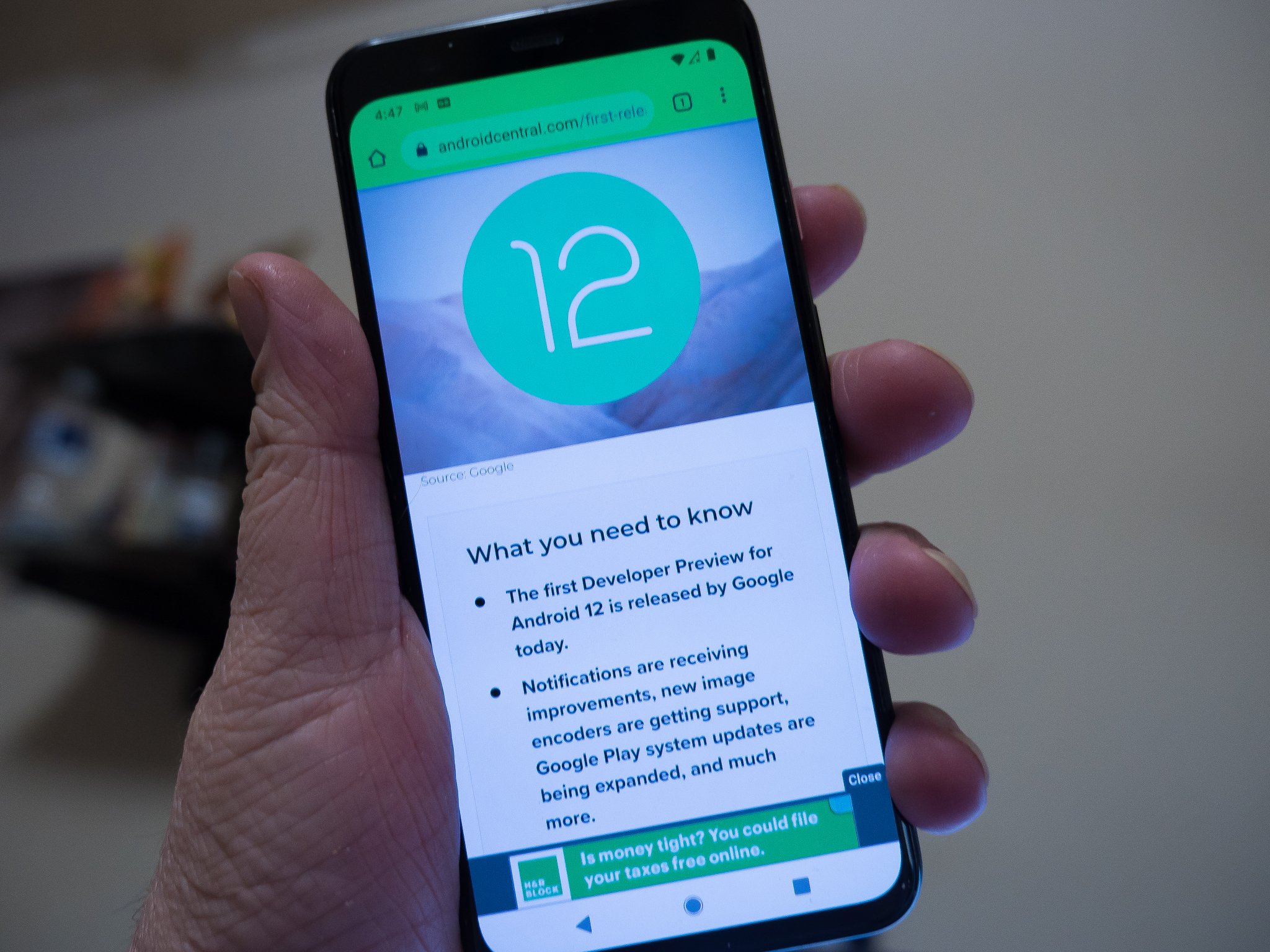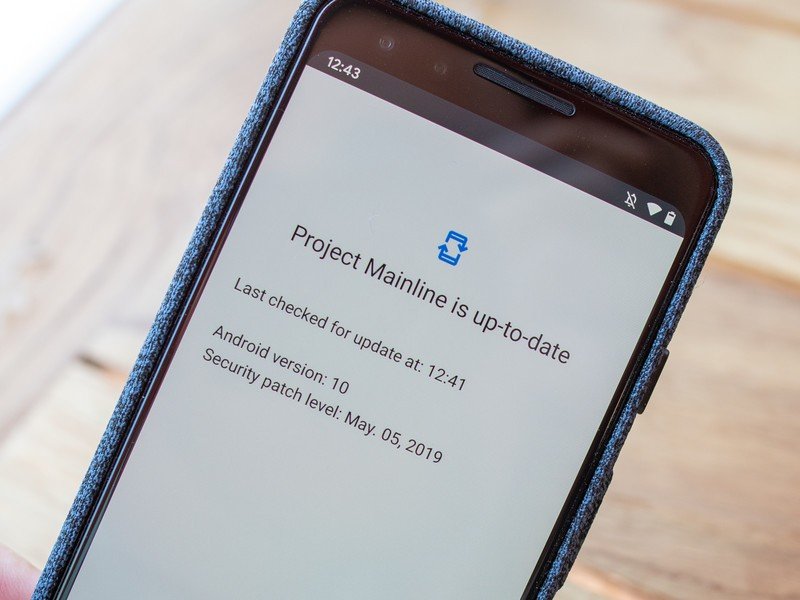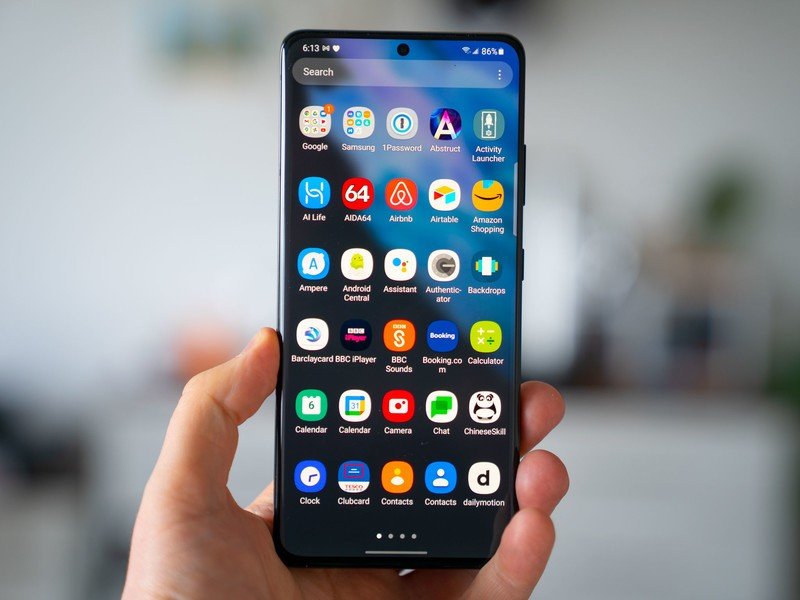Android 12 features we love: The Android runtime is now part of Project Mainline

Get the latest news from Android Central, your trusted companion in the world of Android
You are now subscribed
Your newsletter sign-up was successful
Android 12 is here for those willing to try their luck with beta software but it will be coming in its final form sometime later in 2021. There are plenty of changes — both under the hood and things we can see — that make it one of the best updates we've received in quite a while, and one of them is something you've probably never thought about — the Android runtime will now be a part of Project Mainline.
This is an important change for every Android phone, from the best Android phone to the cheapest Android phone. But to understand how important it is, you need to know exactly what Project Mainline entails and what the Android runtime is. That's where we come in.
Project Mainline

Project Mainline extends the work Google did with Project Treble to try and do two things: make it easier for phone makers to update their products faster and keep every phone more up-to-date regarding critical features and security issues. It debuted with Android 10, so it probably affects your phone even if you didn't know what it was or that it even existed.
Using a new way to unpack system components, Google uses Mainline to update things through the Google Play Store — in fact, one of the things it updates with Mainline is the Google Play Store. You get these updates seamlessly, and unless you dig deep into the settings, you don't even know when anything is getting updated.
Mainline lets Google update critical system components without having to send a full OTA update.
Mainline is simply a good way for Google to make sure things like the media codecs and media frameworks stay updated, the permissions controller is at the latest version, and all its networking components are ready for changes. Before Mainline, you needed a full system OTA (over the air) update for any of this to happen, and we all know how carriers and phone makers can drag their feet when it comes to OTA updates.
The Android runtime

In a nutshell, the Android runtime is what it takes to makes the apps on your phone work. ART (that's the shorter name for it) translates an application's bytecode into instructions that the CPU in your phone can execute and, in turn, tell the rest of the hardware, like the display, to do stuff. ART uses what's known as ahead-of-time compilation to make the switch to machine code when an app is installed, and without it, your phone is just a piece of glass with a battery inside.
With ART as a Project Mainline module, Google can update it without any OTA update. That means every phone maker will have to include an unaltered version of ART that's been digitally signed by Google, and that gives Google more control over how apps work.
Get the latest news from Android Central, your trusted companion in the world of Android
Every app in Google Play needs to work on every phone that can install it. This helps achieve that goal.
Normally, Google having more control can be worrisome. But when it comes to how applications work, it's important for every app in the Play Store to work the same on every Android phone that can install it. Developers need this peace of mind; making a great app then finding out it doesn't work well on some phones is a hassle and can be almost impossible to fix.
As a bonus, any sort of security exploits that could be found in how the Android runtime works could be quickly and easily fixed across the entire Android ecosystem, which is equally important.
A big part of the allure of Android to phone makers and carriers is how it can be customized. But some things need to stay consistent, and the Android runtime is one of those things. Seeing Google put it into Project Mainline is a great thing for every Android user.

Jerry is an amateur woodworker and struggling shade tree mechanic. There's nothing he can't take apart, but many things he can't reassemble. You'll find him writing and speaking his loud opinion on Android Central and occasionally on Threads.
